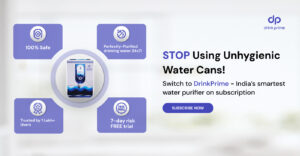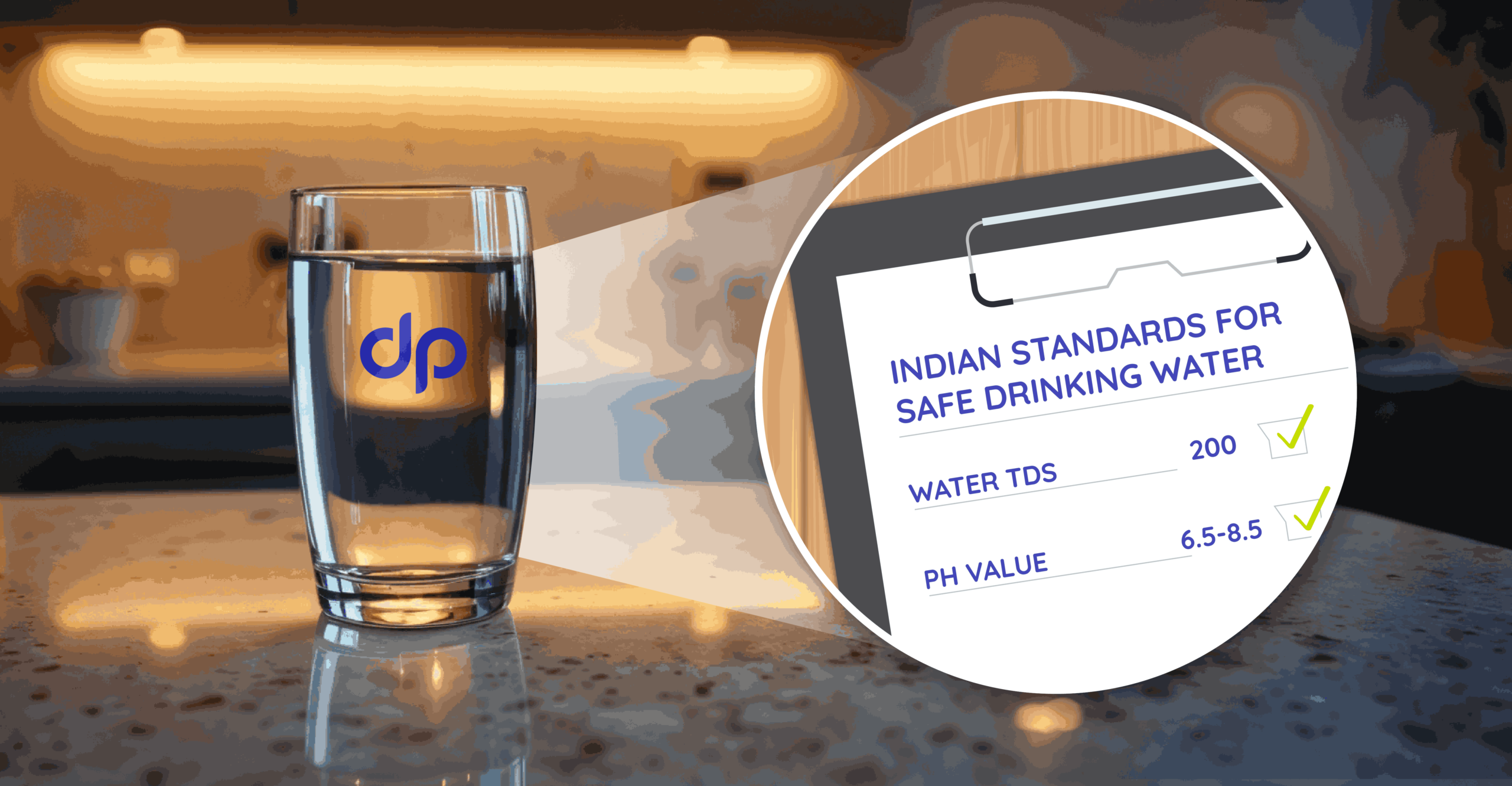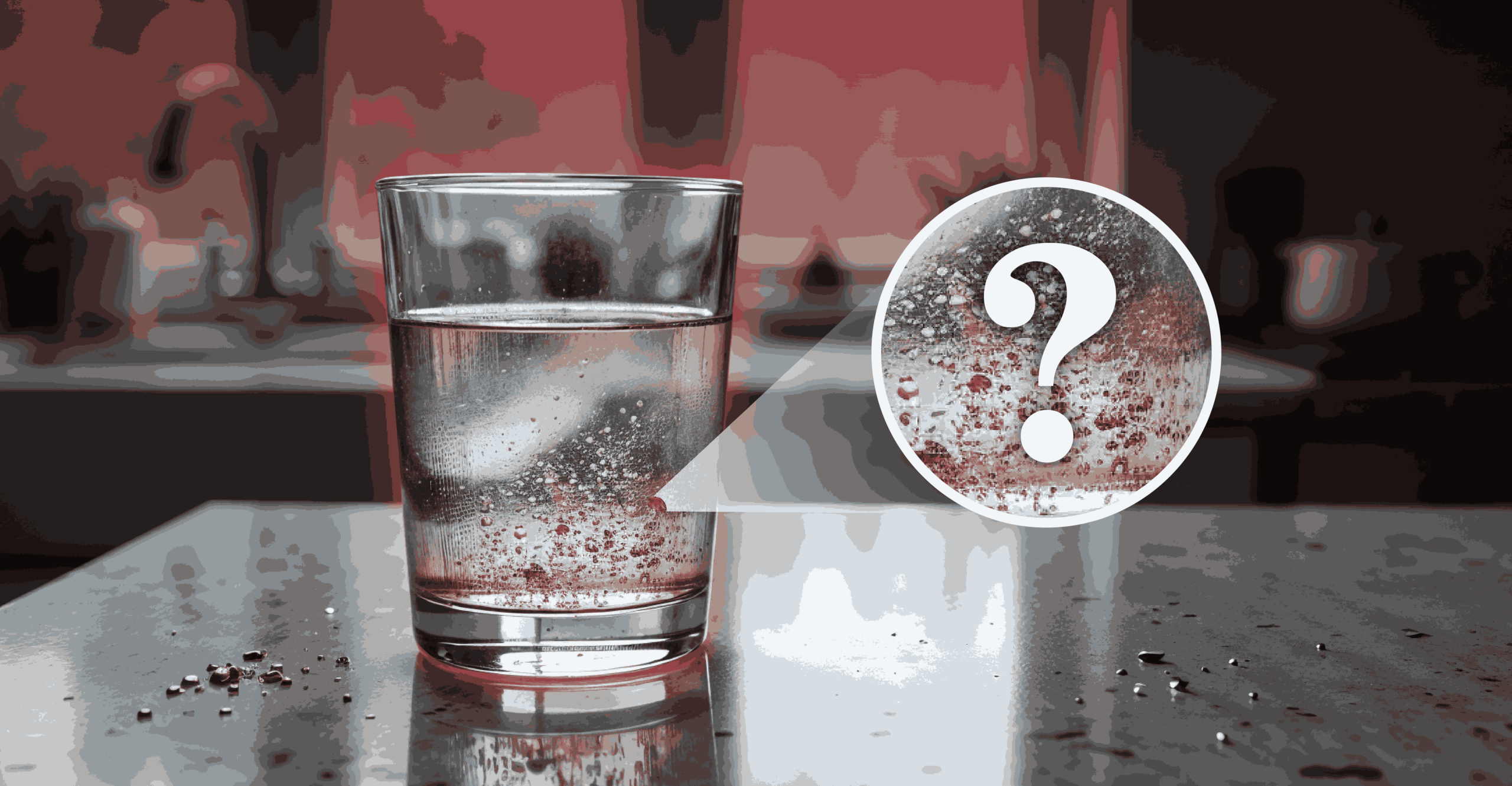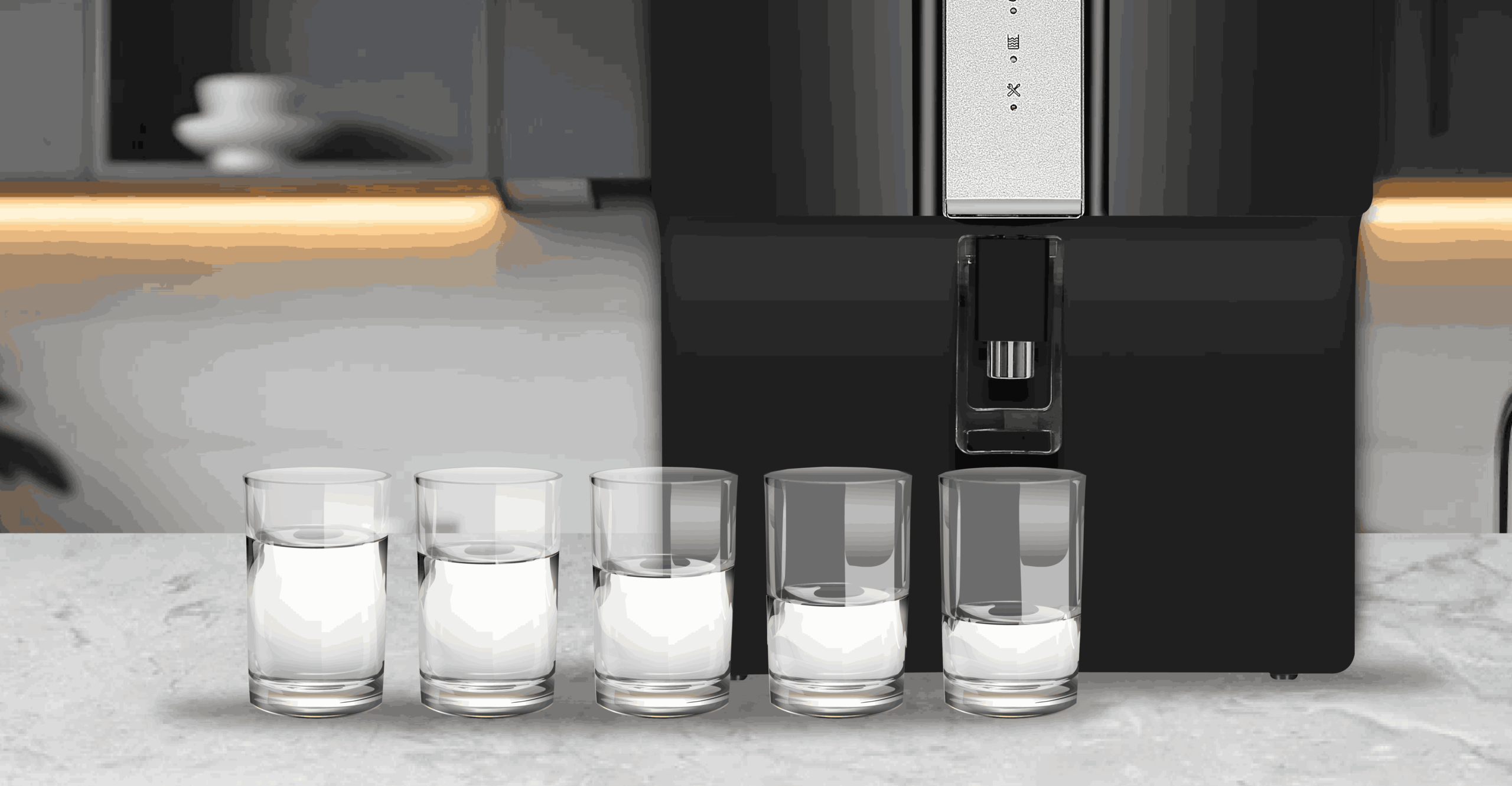A ready reckoner to answer all your FAQs on water purifier vs water softener.
Pure, clean water is the lifeline of any household. Apart from drinking, water is necessary for a plethora of everyday activities, from bathing and cooking to cleaning your house and watering plants. You may be diligent about ensuring that your drinking water is clean and safe from contaminants, by investing in a water purifier. The water you use for other chores around your house, may not garner so much of your attention.
A majority of Indian cities get access to only hard water through their taps. This leads to unsightly white patches on utensils, kitchen and bathroom tiles. This may even show up in the form of skin irritation and hair fall. With multiple jargon and processes floating around in the water solutions world, it is natural to be confused between a water purifier and a water softener. In this article, we attempt to address all the common doubts regarding the same.
What is Hard Water?
What exactly does the term hard water mean? In simple terms, water that contains a high accumulation of minerals like calcium and magnesium is known as hard water. A water purifier alone will not help with hard water problems. There are mainly two methods of water supply; municipal water supply and borewell water. Municipal water supply is usually processed to make it fit for consumption. So, in most cases, water available through municipal supply tends to be soft water, free of contaminants and dissolved minerals. The other is a borewell supply, which pumps water directly from the ground. This is not treated and may contain contaminants and minerals, making it hard.
If you notice a white patina-like residue on your vessels and scales on your tiles, chances are that the water you have access to is hard water. The soap or washing powder you use to clean these, reacts with the calcium and magnesium, resulting in unattractive and stubborn residues. While hard water is not exactly dangerous, it can cause skin irritations and hair fall and also lead to ugly stains which may be frustrating to deal with, on a daily basis. Hard water can also form deposits inside appliances like washing machines, water heaters etc and shorten their lifespan. To help alleviate these problems, a water softener will have to be used, as a water purifier will not soften water.
What is a water softener and how does it work?
A water softener, in its simplest sense, removes calcium and magnesium deposits from the water and ‘softens’ it. This will prevent scale build-up in your pipes, and tiles. Your skin irritations and hair fall may be reduced to a large extent. This will also ensure that your appliances last much longer. One of the most tried and tested ways of water softening is through a process called ion exchange.
In this method, the hard water passes through resin beads, which contain negatively charged ions. These attract the positively charged ions of calcium and magnesium in the hard water and bind them to themselves. This makes the water mineral free, thus softening it.
What is a water purifier and how does it work?
The water that is available from water sources may contain contaminants like parasites and bacteria. These are harmful when consumed and may lead to deadly diseases. A water purifier removes these harmful contaminants and makes the water clean and safe for human consumption. Unlike a water softener, a water purifier involves multiple stages of filtration to filter out impurities, heavy metals, pathogens etc.
Physical filtration weeds out dust, dirt etc while chemical filtration deals with impurities invisible to the naked eye like bacteria, viruses, dissolved solids, pesticides etc. The most commonly used process of water purification is through a method called reverse osmosis. In this process, water is pushed through a semipermeable membrane by applying pressure. The contaminants are flushed away leaving behind safe clean water.

What is the difference between a water softener and a water purifier?
Water purifiers and softeners are two different things and cannot be used interchangeably. While a purifier filters out contaminants, impurities, it does not soften water. It may use carbon filtration, reverse osmosis and UV filtration to remove dirt, impurities, sediments, dissolved solids and pathogens. It improves the smell and taste of filtered water. But a water purifier for hard water problems is not a good idea.

A water softener uses a different treatment process which changes hard water to soft water, but does not remove contaminants. While hard water by itself is not dangerous, it may cause scale build-up as well as skin and hair problems. So a water softener helps to combat these issues. A water softener on the other hand will not remove contaminants from the water and so cannot replace a water purifier in this respect.
Do I Need a Water Filter If I Have a Water Softener?
If the water quality in your area is very hard, a water softener will help you solve problems related to scaling and residue, help with skin and hair problems and may even improve the longevity and efficient working of your appliances. But unfortunately, that is where the prowess of a water softener ends.

A water softener cannot remove the lethal contaminants and dissolved chemicals and pathogens which can potentially cause you harm when consumed regularly. Only a water purifier can help you do that. So investing in a water purifier is essential for maintaining the health of the whole family, as it makes the water clean and safe for drinking. A better taste and odor is an added bonus.
Why a Water Filter is Better than a Water Softener
As we have seen, a water filter and a water softener address two completely different issues and cannot be used interchangeably. It is ideal to use both if the water quality in your area is poor. If however, you have to choose between the two, a water filter will be a better bet. This is because although it cannot soften water, it can remove all the impurities and potentially harmful contaminants thus ensuring that you have access to safe, clean drinking water. A water softener on the other hand can only tackle the calcium and magnesium deposits and soften the water. It cannot remove any sort of contaminants.
Hard water, although it has numerous issues related to it, like scaling as well as skin and hair problems, is not as dangerous as contaminated water. So, the first thing you must do is to make sure that the water that you and your family drink are safe and free from pollutants. A water filter is your best bet for this.

Get 7 Days Risk Free Trial
The first step, before deciding on any water-based solution, is to get your water tested by a professional. Depending on the water quality you can then take an informed choice as to the water solution best suited to your needs.
Water purifiers and water softeners should not be confused with each other and should not be used interchangeably. They address different problems. A water softener cannot assure safe drinking water just like a water purifier cannot give soft water. So, take an informed decision after consulting a certified water professional service.




